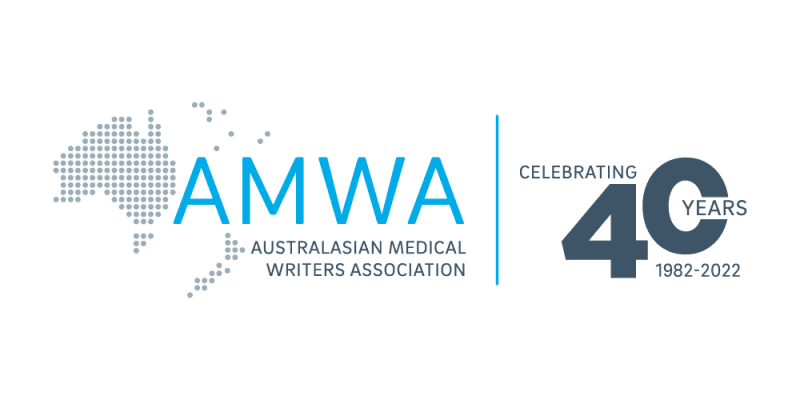Position Statements
Ghostwriting
Ghostwriting occurs when a person makes a significant contribution to published work that is not acknowledged. In many situations this is appropriate*, however, when ghostwriting occurs in peer-reviewed journals it is fraudulent and unethical. In particular, AMWA is concerned that evidence-based decision making can be undermined by ghostwriting when a writer is paid to overstate the benefits and/or understate the harms of an intervention.
Medical writers are encouraged to ensure their contributions in peer-reviewed journals are appropriately acknowledged. Journals which publish peer-reviewed articles are urged to adopt policies and procedures to ensure that all substantial contributions to authorship are acknowledged. The practice of ghostwriting in peer-reviewed journals should be actively discouraged.
AMWA supports efforts to prevent ghostwriting in the scientific and medical literature and highlights the value that professional medical writers provide when research is published. Constructive suggestions on how this aim can be pursued are welcome from individuals or organisations.
*Examples include writing guidelines or educational material for an organisation, producing website content for a commercial client, or writing drafts on behalf of another person.
